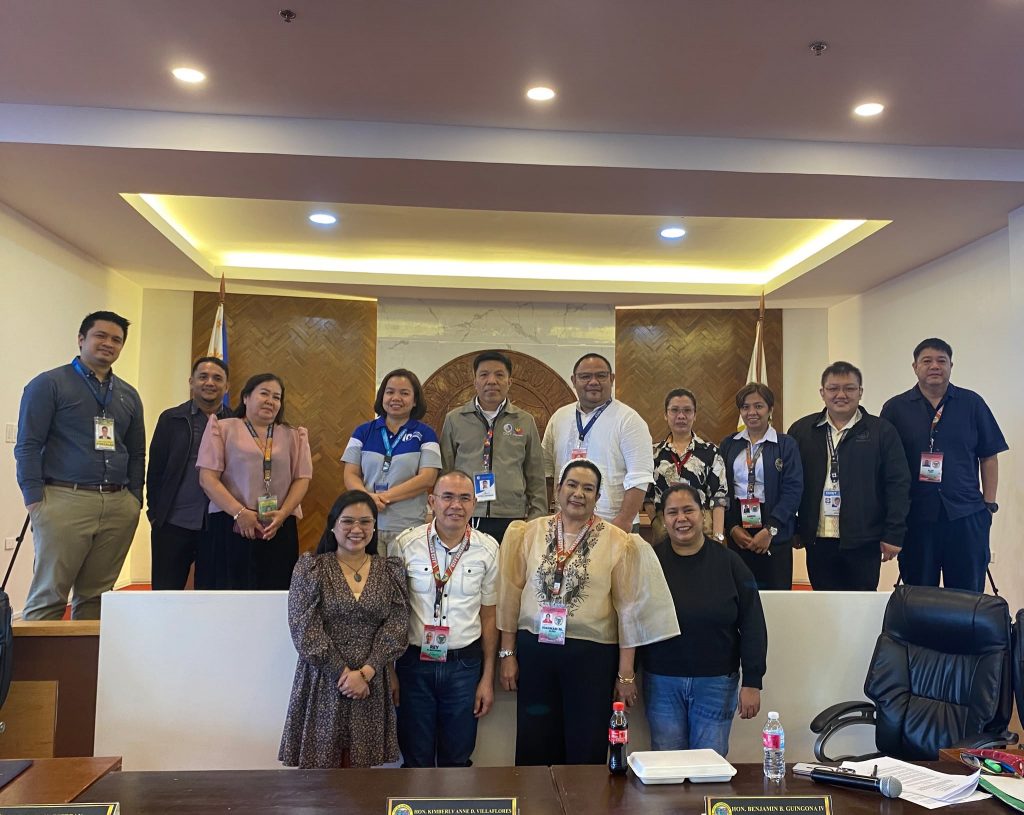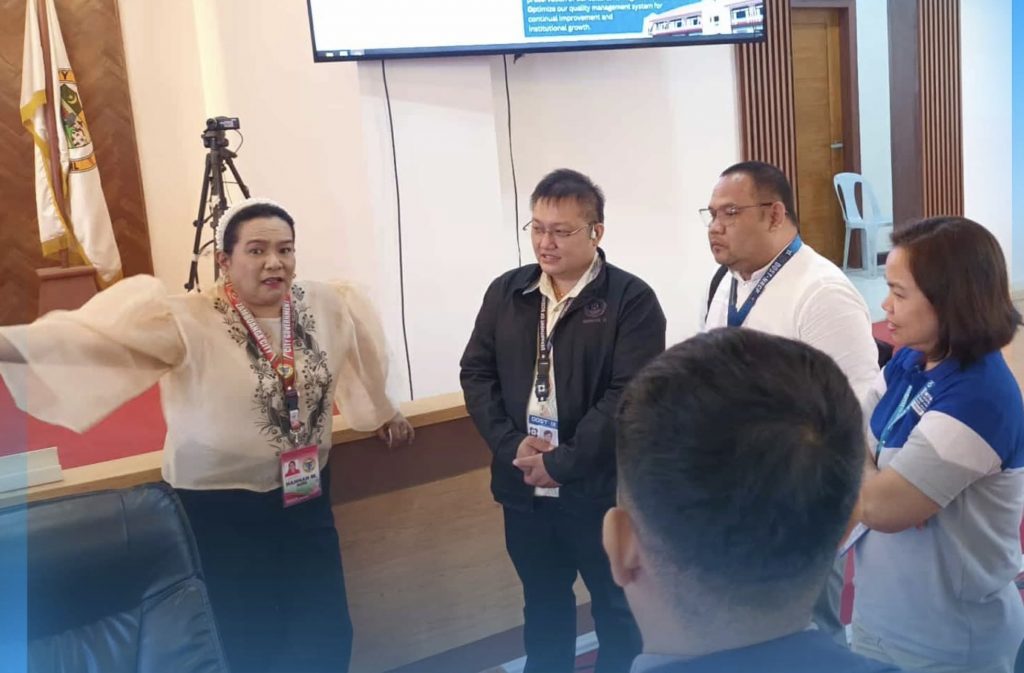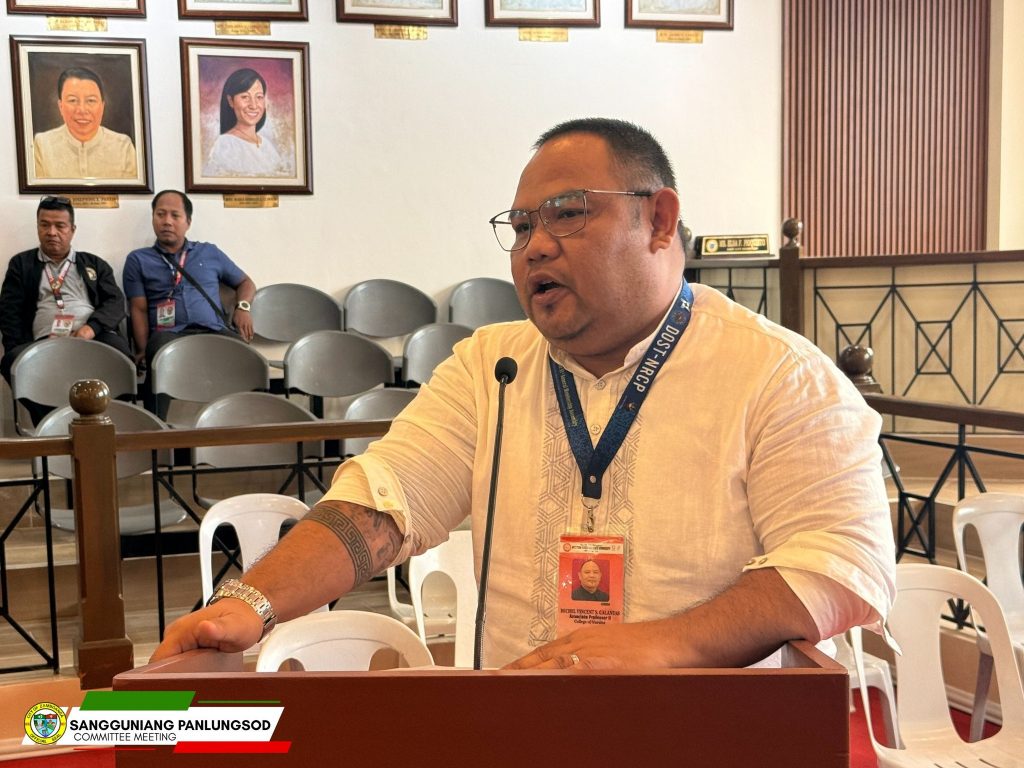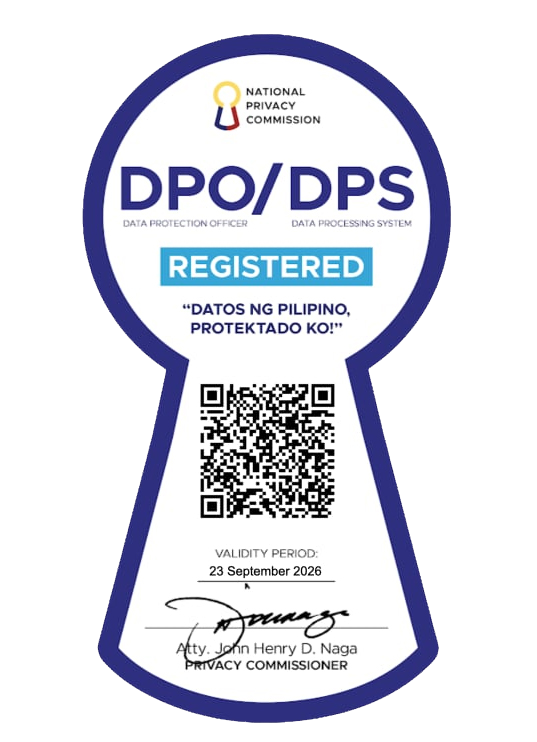ZAMBOANGA CITY – In a significant stride towards modernizing community health services, Western Mindanao State University (WMSU) served as a key academic resource at the Public Hearing for the proposed Zamboanga City Digital Healthcare System Ordinance, held on September 29, 2025, at the Sangguniang Panlungsod Session Hall.
The hearing, presided over by the Committee on Health and Sanitation chaired by Hon. Hannah Macrohon Nuño, focused on the review and refinement of Proposed Ordinance No. 2025-199. The ordinance, principally sponsored by Hon. Rey Bayona Bayoging, is entitled “An Ordinance Establishing and Institutionalizing the Zamboanga City Digital Healthcare System and Services in Support of Universal Health Care, Providing for its Governance, Infrastructure, and Implementation Framework, and Appropriating Funds Therefor.”
The university was formally represented by Assoc. Prof. Michel Vincent S. Calantas, MN, RN, of the College of Nursing, who provided critical insights grounded in healthcare practice, nursing informatics, and public health policy.
The proposed ordinance represents a transformative initiative to create an integrated digital infrastructure for the city, aiming to streamline healthcare delivery, enhance telemedicine capabilities, and bolster the implementation of the Universal Health Care (UHC) Act. The WMSU delegation’s role was to ensure the proposed framework is not only technologically sound but also equitable, ethical, and responsive to the diverse needs of the Zamboanga citizenry.
“The invitation for WMSU to participate is a testament to the city government’s recognition of our university as a vital partner in governance and development,” stated Assoc. Prof. Calantas. “Our contribution centered on infusing the policy dialogue with evidence-based perspectives, particularly on issues of data privacy, user accessibility for all sectors, and the sustainable integration of technology into our local healthcare ecosystem.”
This active engagement underscores WMSU’s steadfast commitment to its mandate as a “University of Choice.” By lending its academic expertise to the legislative process, WMSU continues to demonstrate leadership in shaping policies that directly impact the welfare and progress of the community it serves.
The involvement marks a pivotal example of the academe’s crucial role in ensuring that groundbreaking public policies are robust, inclusive, and primed for successful implementation.






